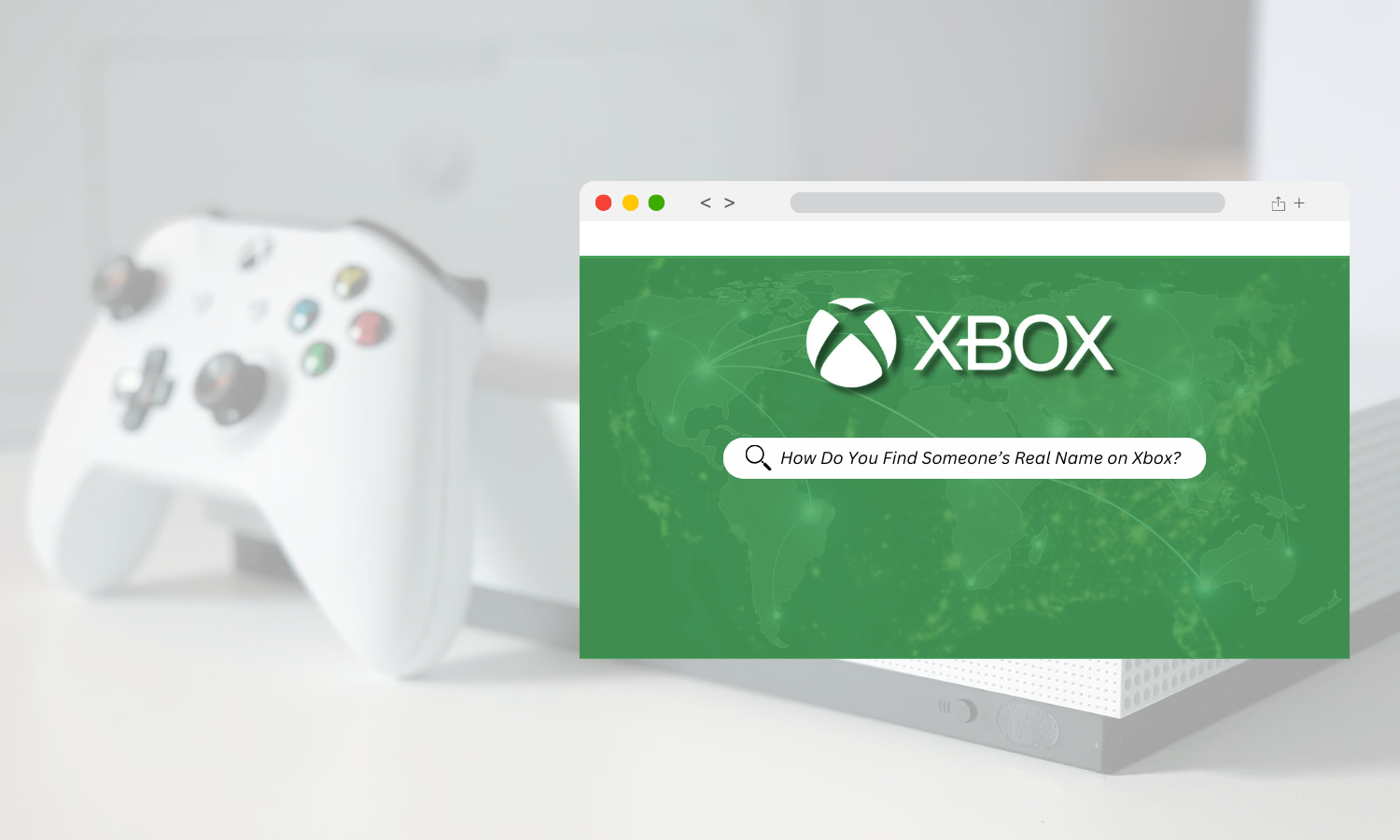

Updated · Jan 10, 2024
Updated · Jul 27, 2023
With a master's degree in telecommunications and over 15 years of working experience in telecommunic... | See full bio
April is a proficient content writer with a knack for research and communication. With a keen eye fo... | See full bio
Internet scams are, according to the numbers, a lucrative business. In 2021, scams cost consumers a total of $52 billion in total losses.
Of these, some of the costliest are the Geek Squad scams.
But, what is the Geek Squad scam?
In a nutshell, it’s a type of scam that tricks people into paying for a service that doesn’t exist.
Here’s everything you need to know.
The Geek Squad scam is a type of impersonation scam where the criminal pretends to be a tech support representative from a well-known organization.
In this particular case, scammers impersonate a member of Geek Squad, a team of tech professionals that provides on-demand support for people who buy a Geek Squad subscription plan when purchasing electronics from Best Buy.
In Geek Squad scams, scammers contact you via text, email, or phone call and give you some reason to get back to them.
Once you do, they will ask you to make a payment or provide account information. Sometimes, they’ll request remote access to your device, which will allow them to install malware and steal your personal information.
The reason why a lot of people fall for these scams is that scammers can make their emails and texts look like the real deal. They can even trick you into thinking that they’re calling from a legitimate number by spoofing their calls – also called vishing.
The Geek Squad scam can come in many forms. Here are the most common ways in which fraudsters employ the Geek Squad scam email in 2022.
The most typical Geek Squad scam email tells targets that their subscription to the tech support service is being automatically renewed for a substantial amount of money, usually around $400 and that this will be charged to their credit card.
The email further notes that if the recipient wants to cancel the subscription, they should call the provided number – which, naturally, belongs to the scammer– and that the Geek Squad will cancel it for a small fee.
Often, these emails also claim that the recipient should call the number if they believe that the Geek Squad contacted them in error, which allows the scammers to target more people– including those that have never bought anything from Best Buy.
Security support scams usually come in the form of pop-up messages on your computer that claim your device has been infected with some type of malware and that you should reach out to Geek Squad to get rid of the threat for you.
The pop-up features a fake Geek Squad number, which belongs to the scammer. Once you do, the scammers will promise you to “fix” the non-existing problem.
In some cases, these pop-ups on your device will ask you to download special software to let the Geek Squad tech access your computer, diagnose the problem, and resolve it.
In reality, this software gives scammers an easy way into your computing system, from where they can steal any data stored on the device. If you don’t have a solid antivirus tool, they may even continue to monitor your activities and siphon off any information stemming from your online activities.
Keep in mind that scammers can contact you via email and phone and make similar claims.
Sometimes, scammers may send you a fake Geek Squad email, telling you that you’ve overpaid for a service and that you need to call them on the provided number so they can give you a refund.
When you call the number, the fake tech support representative will explain that they will send you the money for a fee.
If you’re a target of a Geek Squad phishing email, the email will try to get you to click on a provided link, which leads to a fake site set up by the scammer.
They may claim that the Geek Squad system has been hacked and that you’ll have to log in with your account to verify that your information is still correct or ask you to reset your Best Buy password.
Once you give them your information, they can use it to order products from your account or get access to your credit or debit card.
| For further info on this, check out our guide on How to spot Phishing emails. |
Once you realize you’ve given money or access to personal information to a scammer, you usually want to act fast to get it back.
Scammers know this and use this opportunity to further defraud you by reaching out to you again, from a different email address or phone number. They’ll pretend to be someone from Geek Squad and claim that they can help you recover the lost money, items, or data and charge you for it.
Tech support scams like the Geek Squad email scam share most or all of the same red flags.
Customer support representatives almost always use custom domains, especially those that work for companies of the size of Best Buy. If you get a legitimate email from the Geek Squad, the email address is unlikely to feature the standard Gmail or Yahoo domain.
If an email looks sketchy, it’s best to look up the customer service number or email on the Geek Squad or Best Buy website and call them directly.
Responding to email all day means that you’re likely to let a typo slip through.
But, if the message you receive is filled with spelling mistakes and bad grammar, then there’s very little chance that it comes from a Geek Squad tech support professional.
Bad spelling, clunky sentences, and words like “kindly” – which professional English communications almost never use– are very uncommon in emails or texts from large corporations that double-check everything they send out.
Cybercriminals use email attachments and links to fishy websites to spread malware on your device and steal your personal data.
If your email contains an attachment or asks you to click on a link by creating urgency, it’s probably a scam. Most legitimate companies redirect you to their official website to view official documents when needed.
While it’s not uncommon for legitimate emails to direct you to their website, they never ask for personal information, beyond what you’ve provided to log into your account.
If the email or text asks for your password, phone number, social security number, or credit card number, it’s likely a scammer.
Legitimate companies like Best Buy would never ask for any of that.
To make sure you don’t fall victim to a Geek Squad scam or any similar scams:
Internet scams are more common than you think and they’re becoming more sophisticated by the minute. With ID caller spoofers, VoIP technology, and other tricks, being tech savvy no longer means that you’ll spot a scam from a mile away, but knowing the trick scammers use can make it much easier to protect yourself from being duped.
If you’ve fallen for a Geek Squad scam, the next best thing you can do is report it to the Federal Trade Commission and your local authorities.
A Geek Squad email can be just another spam email if you choose to ignore it. If you receive an email from a spammer, block the email address and report it.
It’s unlikely for malware to infect your device by just opening an email unless you accept a download. If the email contains an infected download or a malicious link and you respond by clicking on it, then you open the door to scammers.
The Geek Squad scam is a type of scam where a cybercriminal pretends to be a Geek Squad tech support professional to trick victims into sharing private information or sending them money.
Your email address will not be published.
Updated · Jan 10, 2024
Updated · Jan 09, 2024
Updated · Jan 05, 2024
Updated · Jan 03, 2024




